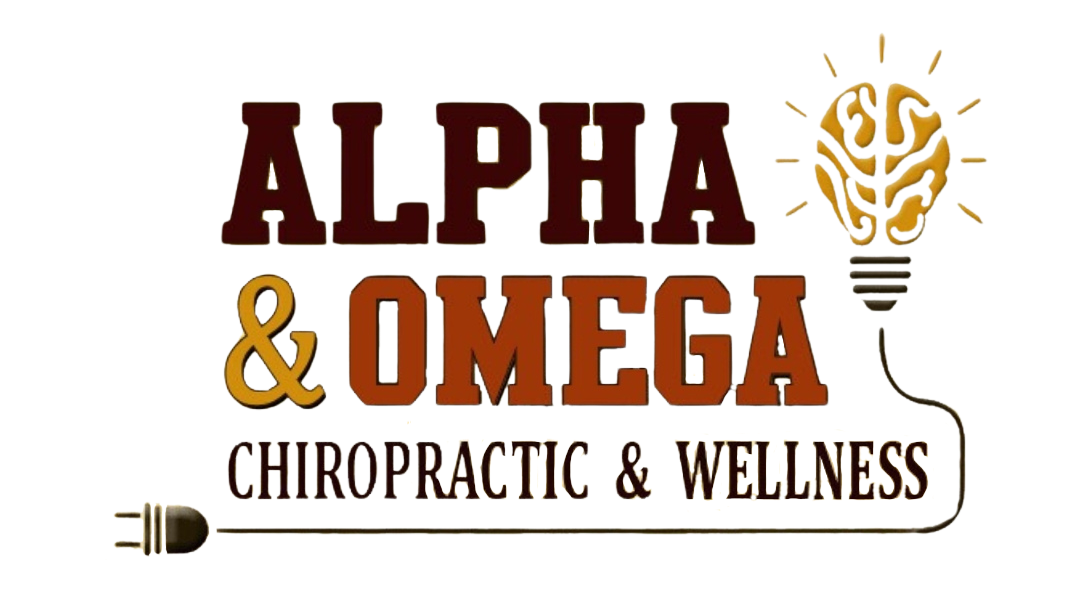Heart Health 2
All the way back in 1929, the University of Cambridge was publishing articles using heart function as a way to measure how substances were affecting he body’s cells. In one article, Dr. Dury wrote “different fundamental functions of the cell are called into play in the production of the normal heart beat, and any changes in these qualities is immediately reflected in the character of the beat.” This quote was taken out of an article published in the The Physiological Society titled “The physiological activity of adenine compounds with special reference to their effect on the mammalian heart.” An interesting article, looking at the role of adenine, or vitamin B4, and its role in preserving the normal heart beat. Vitamin B4 is known as the “anti-paralysis” vitamin and has been shown to play an important role in heart conductivity and rhythm. As a result, deficiencies in this vitamin may show a change in the heart’s rhythm, particularly with increased and abnormal heart rhythms. These changes do not necessarily cause symptoms but can cause or contribute to issues like atrial fibrillation, or a fib. Now the heart is not the only organ in the human body that depends on this vitamin, but the heart may be the fastest to demonstrate symptoms of the problem. B4 deficiency can also affect the nervous systems ability to regulate muscle control. This can result in lack of coordination and muscle weakness. Effects on the nervous system and heart are usually faster to pick up, but B4 is also necessary for proper function of the digestive tract. Without this vitamin, the digestive track can lose its ability to move food, resulting in constipation, and inflammatory conditions. Like so many aspects of health, when we have a problem we tend to look at the symptoms, and not necessarily the causes. Now in a normal diet, we never find individual vitamins in isolation, but instead in complex ratios of vitamins and minerals. In today’s society of trying to fortify foods with vitamins and minerals, there is serious debate as to how efficiently we mimic the nutritional ratios found in nature. If those ratios are not correct, we may find ourselves nutritionally well supplied in one area but lacking in another area. This has the protentional to create different variations of disease presentation, not seen before the implementation of processed food. Nutritional deficiencies can certainly be an underlying cause of a disease and evaluating the heart from a nutritional perspective may be one of the most efficient ways to address the problem.

